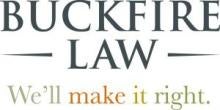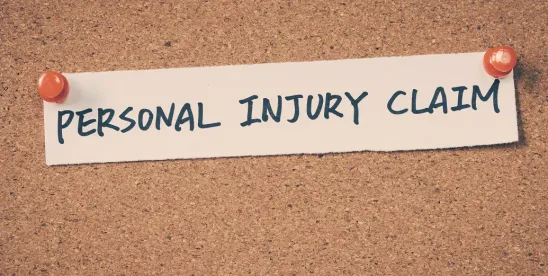As summer gives way to autumn, the days get shorter and colder, which explains the more dominant orange-reddish hue on leaves that make for some of the most stunning photography backdrops.
Eventually, the leaves start falling off, creating piles beneath the trees, and on some occasions, get blown into parking spaces, footpaths, and other locations. While unintentional, piles of leaves can create hazardous situations.
If you have suffered a slip-and-fall accident because of fallen autumn leaves, you could wonder where liability lies. This guide covers everything there is to cover about autumn leaves liability and can help answer your most pressing questions.
Autumn Leaves and Slip-And-Fall Accidents
Most slip-and-fall accidents occur in winter due to ice and snow buildup on parking lots, walkways, and footpaths. Therefore, most people are prepared to avoid falls in winter. However, not as many people pay attention to the hazards created by inconspicuous piles of autumn leaves.
Falling leaves create hazards in several ways. First, rain can make the leaves extra slippery, and walking on them is almost like walking on ice or even worse because you may not be prepared for the unstable surface.
At other times, falling leaves can cover flaws on the ground. For example, they could cover a ditch or a pothole and have an individual trip over the hazards unknowingly. Some types of leaves are slippery by nature, and only grow as they pile up. Even without other dangers making the situation worse, leaves on the ground can pose a significant risk.
Who Is Liable
Typically, establishments in Michigan are legally responsible for accidents resulting from their negligence. The most basic definition of negligence is a deviation from the expected standard of care, which ultimately results in harm. If an entity fails to take care of fallen leaves and becomes the cause of an accident where another person suffered harm, they will be liable for the accident.
There are situations where liability could fall on a different party. For example, if the tenant is responsible for maintaining a common area in a business complex, an establishment cannot be responsible for accidents that occur in the common area. Third parties can also be responsible for an accident. For example, if an establishment has contracted a third party to clear falling leaves, incidents resulting from their negligence will leave them legally responsible.
Comparative Negligence
Michigan applies modified comparative negligence to personal injury claims. As such, a claimant's right to compensation is relative to their fault in the accident. However, that right ends if their fault is more than fifty percent.
So, a defendant can still claim a claimant's distraction as a contributory factor to lower the value of their claim. Having a lawyer in such situations can make a huge difference in the outcomes.
Do You Need a Lawyer?
Responsibility for slip and fall accidents is not always straightforward. Even when it appears straightforward, the other side may have a different view or may want to frustrate your recovery efforts. Getting a lawyer may be the best thing to do, as it can improve your chances of fair compensation by a considerable margin.
Also, you do not have to pay a lawyer until they win your case, so it's a win-win for you. Recoverable damages are similar to damages for other slip and fall accidents, with the settlement figures depending on the losses suffered, economic and non-economic.




 />i
/>i

